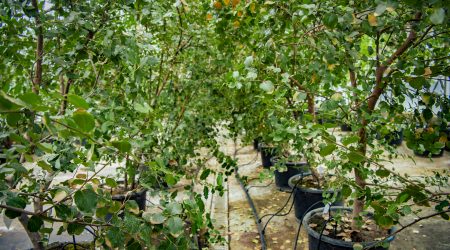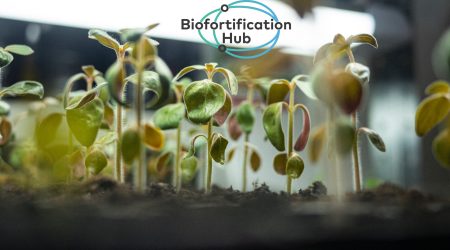Landmark in biosynthesis of anti-cancer compounds Vinblastine and Topotecan

Dr Sarah O’Connor has produced Strictosidine in yeast, one of the longest chemical pathways engineered into yeast and is a halfway point to the anti-cancer compounds Vinblastine and Topotecan.
Dr O’Connor hopes she can produce Vinblastine – used to treat breast, testicular and bladder cancers – biosynthetically within the next couple of years.
She also hopes to produce other anti-cancer drugs such as Topotecan, used to treat ovarian, lung and cervical cancers.
In a paper published in the Proceedings of the National Academy of Science, Dr O’Connor outlines her progress in developing the genetically engineered yeast system that enables the production of these high value monoterpenes.
Yeast systems usually struggle to produce significant quantities of monoterpenes but by adding in genes from other organisms, Dr O’Connor, lead author Dr Stephanie Brown, and collaborators Dr Vincent Courdavault and Marc Clastre have enabled yeast to produce this complex monoterpene.
She and her co-workers have also used their yeast system to search for additional enzymes that might improve levels of production, and have identified a separate enzyme that can increase levels of the strictosidine compound eightfold.
Vinblastine is isolated in tiny quantities from plants. By continuing to optimize the productivity of the yeast system, Dr O’Connor and her co-workers aim to produce these and other high value anti-cancer compounds more efficiently than current approaches, which rely on the labour intensive and expensive process of extracting them from plants.
Dr O’Connor’s research has been funded by the Biotechnology and Biological Sciences Research Council (BBSRC) and the European Research Council (ERC) and will continue until 2018.



